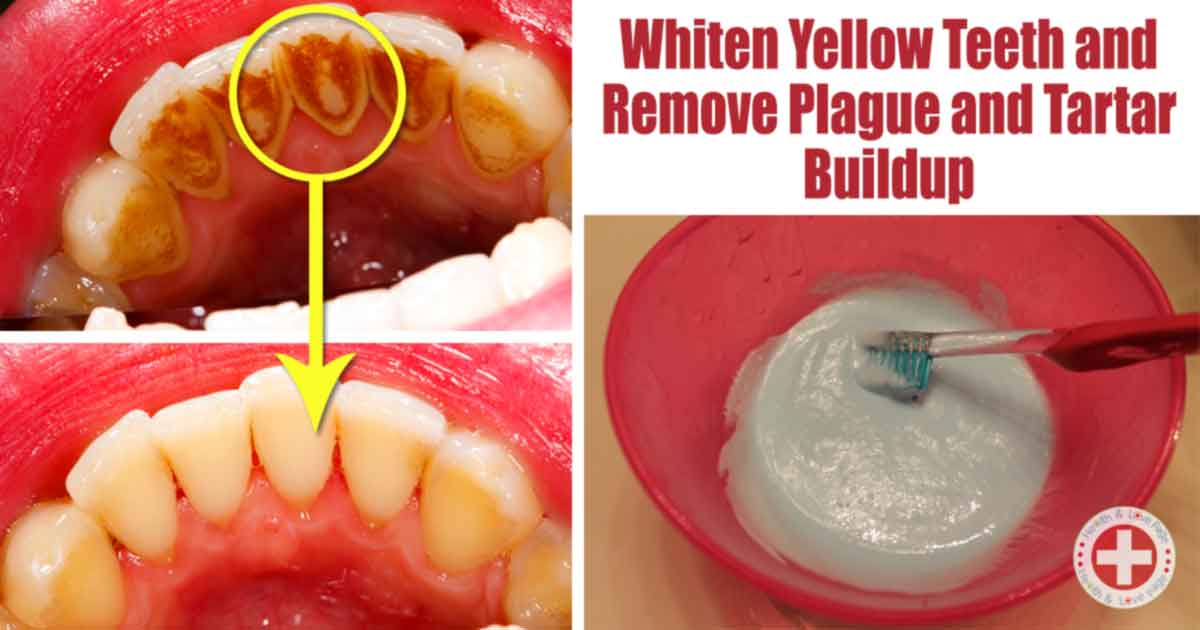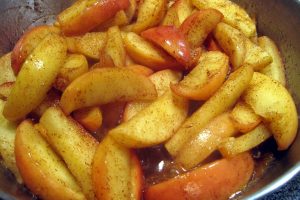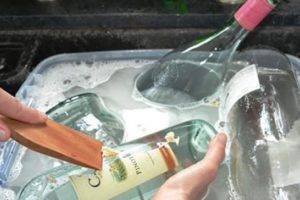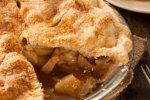8. Guava
Both the fruit and leaves of the guava are famous for their antiplaque abilities. But then there’s also their analgesic and anti-inflammatory properties which make them great for reducing any pain and swelling in your gums.
The International Journal of Current Microbiology and Applied Sciences had published a study back in 2014 which showed that the extract from the guava leaf can lower the chances of early plaque buildup. It can also inhibit the Streptococcus mutants which can thrive in your mouth and cause dental plaque. Here are a few ways to use guava leaves:
It can also inhibit the Streptococcus mutants which can thrive in your mouth and cause dental plaque.
Here are a few ways to use Guava leaves:
- Wash a few guava leaves before slowly chewing on them and spitting them out. You should do this daily in order to stop possible plaque buildup
- Take one piece of unripe guava, sprinkle some salt on it and chew on it thoroughly. Best to do this once or twice a day for a few days in a row
- You can also choose to use mouth rinse which contains extract from guava leaves
7. Aloe Vera
Other than its usefulness for many other health-related subjects, such as skin or hair, it is also beneficial to your teeth. It’s effective for dealing with gum disease which may be the cause of tartar or plaque buildup.
It has antimicrobial properties great for battling bacteria and even helps with bad breath.
The Journal of Oral Health and Dental Management had published a 2014 study where they discovered that aloe vera has a similar effect to the chlorhexidine mouthwash when it comes to combatting not only plaque but also gingivitis.
Here’s what you can do:
1. Slice an aloe vera leaf and take out the pulp
2. Rub the aloe vera pulp directly on your gums and teeth
3. Leave it on for just 10 minutes, then rinse using cold water
4. Use this home remedy two times per day
6. Cloves
Did you know that our ancestors have long known of the power of ground cloves for relieving toothache? It’s also powerful against fighting microbes which may cause plaque and tartar buildup in the first place.
The Journal of Indian Society of Periodontology had published a study in 2014 in which it states that a herbal mouth rinse which contains clove, basil and tea tree oil made a reduction in microbial colony activity, which makes this natural mouthwash an excellent antigingivitis and antiplaque agent.
Here’s the best way to reap its benefits:
- You can mix one teaspoon of powdered cloves with a bit of olive oil. Now simply apply this homemade mixture on your teeth. Let it stay for a few minutes, before once again rinsing thoroughly. It yields the best effects if done twice daily.
- You can also try chewing one or two cloves regularly for optimal oral health and reducing any bacteria-caused bad breath.
5. White Vinegar
It contains acetic acids, and this is good for a number of reasons. For one thing, it can aid in preventing the demineralization of your tooth enamel, and it can also reduce any plaque accumulation. It’s also a great antibacterial agent.
The International Journal of Advanced Health Sciences had published a study back in 2014 which suggests that this vinegar has more acetic acid than distilled water or glycerin.
Here’s what you can do with it:
1. Combine 1 teaspoon of salt with 2 teaspoons of white vinegar in half a cup of warm water.
2. Rinse with this mixture 1 to 2 times in one day.
Continue Reading On Next Page ( > ) …









